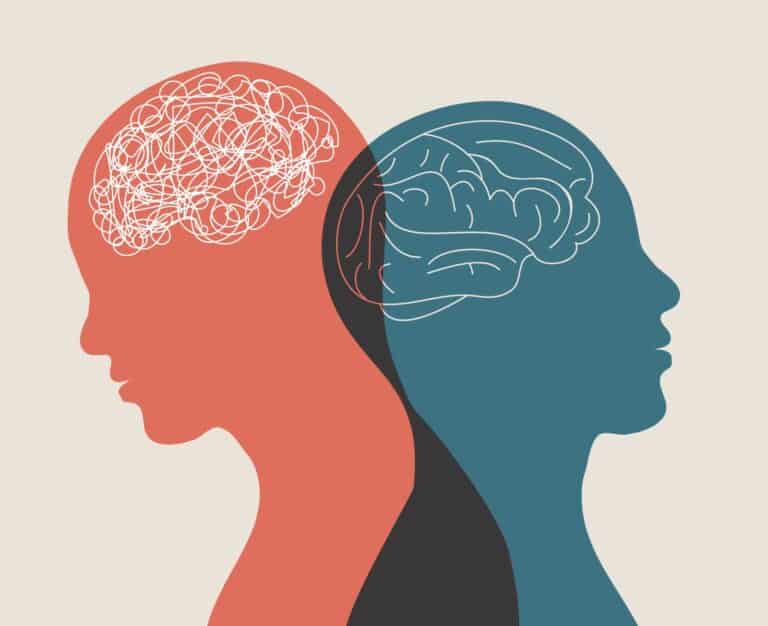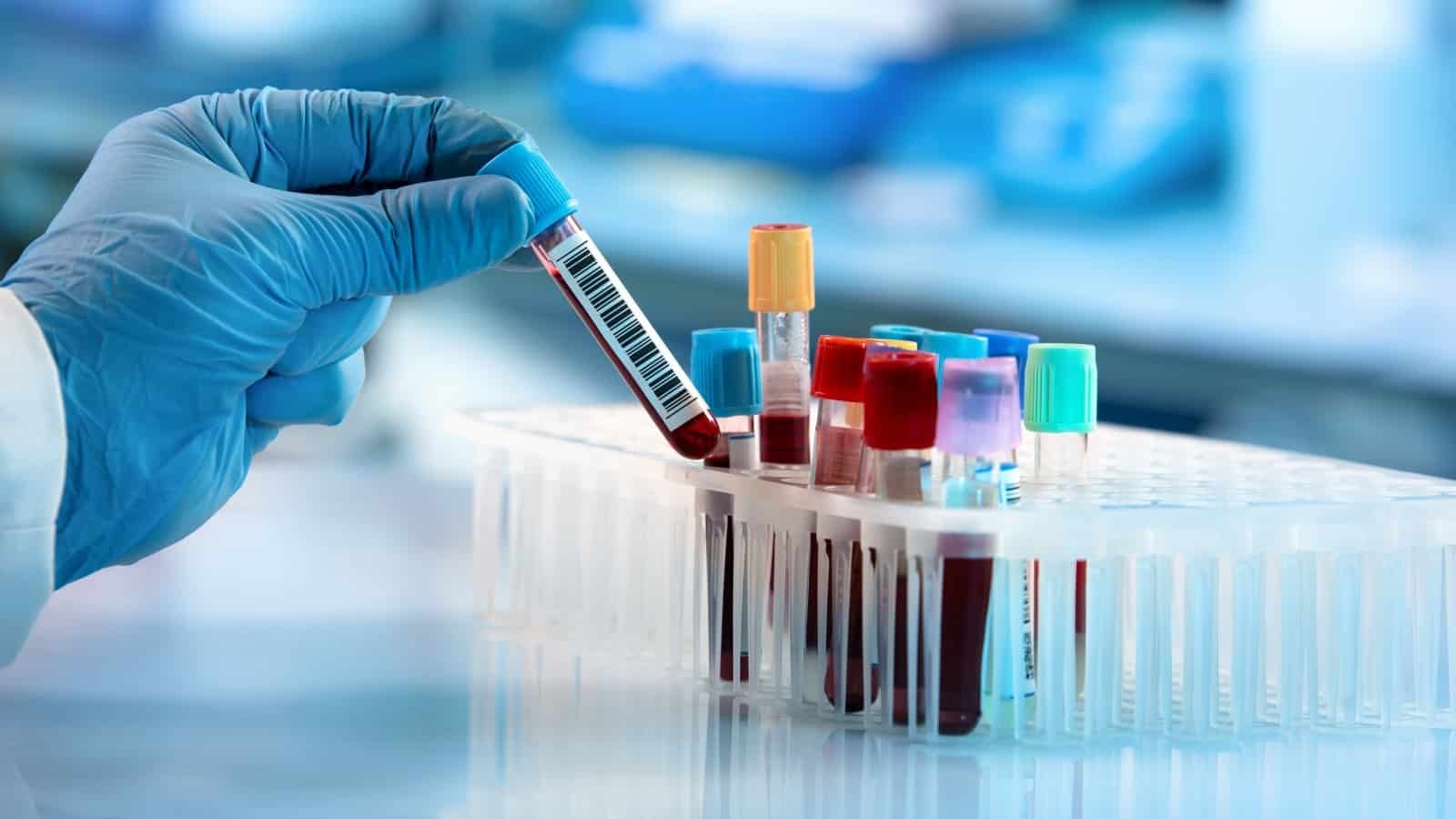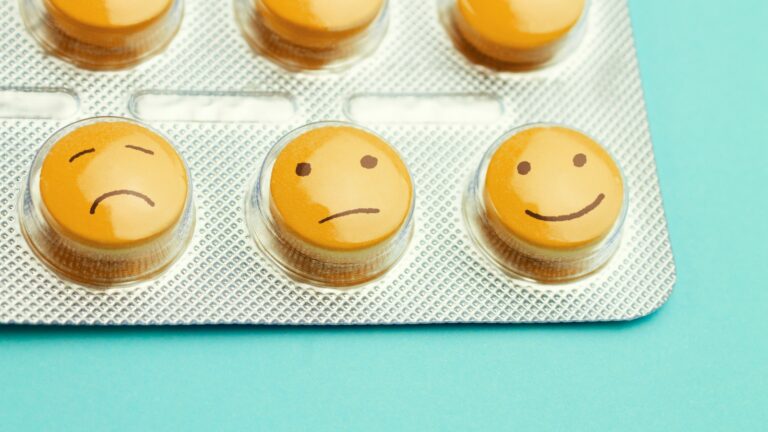A blood test can identify people coping with bipolar disorder and predict whether lithium treatment could be effective for them, a recently published study shows.
Formerly known as manic depression, bipolar disorder is a chronic psychological disorder characterized by recurrent and sharp mood changes. Currently, the evaluation of the level of bipolar disorder is conducted by a psychiatrist.
The prevalence of the disorder among the adult population is between one and three percent, and one of the common treatments for people coping with bipolar disorder is lithium. And yet, only around one-third of patients respond to it.
Researchers from the University of Haifa, Tel Aviv University, Dalhousie University in Canada, the University of California-San Diego, Victor Babes National Institute of Pathology in Bucharest and the California-based Salk Institute for Biological Studies sought to determine whether a simple blood test could predict lithium efficacy, saving patients months of adjustment to the right medicine.

The study, which was published in the journal Molecular Psychiatry, examined cells from three groups: people who are not suffering from bipolar disorder; people who are suffering from bipolar disorder and who respond to lithium treatment; and people suffering from the disorder who do not respond to lithium.
The researchers then isolated white blood cells from all the participants’ samples and extracted RNA from the cells to examine which genes are expressed in each population and to identify genes that are expressed differentially. They found that 80 percent of the differences in gene expression were related to the expression of antibodies.
After obtaining the biological findings, the researchers developed an AI model to verify them. The findings of the model were able to predict with a precision of over 90 percent whether a person has bipolar disorder (BD) and whether lithium treatment would be effective for that person.
“This method can enable people coping with psychiatric disorders to save many months of suffering by adjusting the right medication for them,” said University of Haifa neurobiologist Shani Stern, who led the study.
“Importantly, we trained machine learning algorithms on our datasets that predicted the lithium response of BD subtypes with minimal errors, even when used on a different cohort of 24 BD patients acquired by a different laboratory. This proves the scalability of our methodology for predicting lithium response in BD and for a prompt and suitable decision on therapeutic interventions.”
















